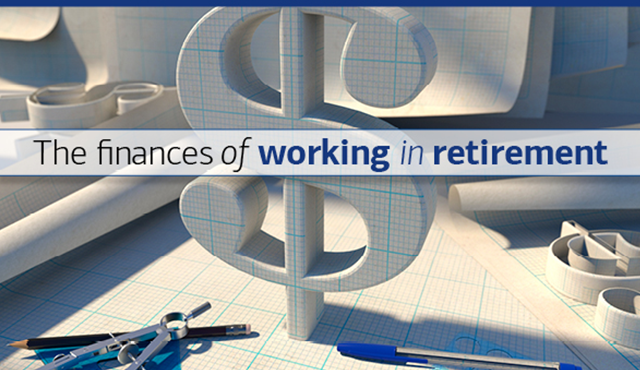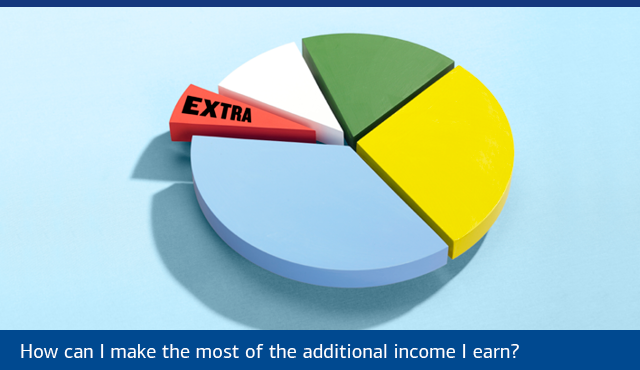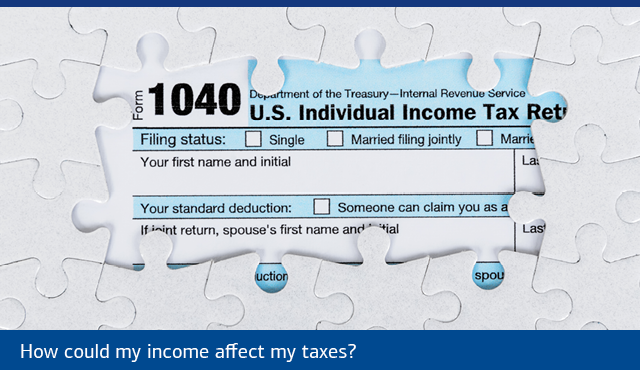1 EBRI and Greenwald Research, “2025 Retirement Confidence Survey.”
2 PsyPost, “Working past the age of retirement linked to improved physical and mental health — depending on the job.” May 24, 2022.
3 National Center for Health Statistics, “United States Life Tables, 2022,” April 2025.
4 Social Security Administration, “See your Full Retirement Age (FRA),” accessed June 2025.
5 Social Security Administration, “Early or Late Retirement?,” accessed June 2025.
6 Social Security Administration, “Must I pay taxes on Social Security benefits?,” accessed June 2025.
7 Social Security Administration, “Receiving Benefits While Working,” accessed June 2025.
8 Social Security Administration, “Premiums: Rules for Higher-Income Beneficiaries,” accessed June 2025.








